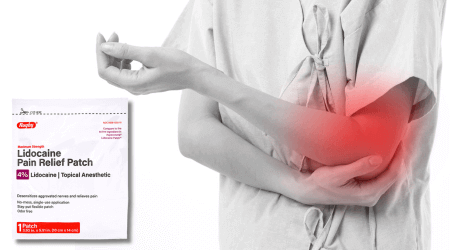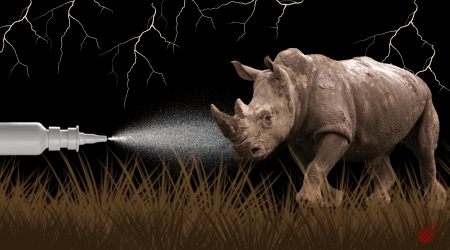
What Are Some Alternatives to Reduce Seasonal Allergy Swelling in Sinuses?
Listen to article
Audio generated by DropInBlog's Blog Voice AI™ may have slight pronunciation nuances. Learn more
If you're looking for alternatives to reduce seasonal allergy swelling in the sinuses, here are some effective options:
- Nasal Irrigation (Saline Rinse): Use a saline solution to rinse your nasal passages. This helps flush out allergens and reduces inflammation in the sinuses. You can use a neti pot, squeeze bottle, or nasal spray for this purpose.
- Steam Inhalation: Inhaling steam from a bowl of hot water can help soothe swollen sinuses and relieve congestion. Adding a few drops of eucalyptus or peppermint oil to the hot water can provide additional relief.
- Local Honey: Consuming local raw honey might help build tolerance to local pollen and reduce allergy symptoms over time. However, scientific evidence is limited, and results may vary from person to person.
- Quercetin: Quercetin is a natural flavonoid found in certain fruits and vegetables. It has anti-inflammatory properties that may help reduce sinus swelling. Consider adding quercetin-rich foods like onions, apples, and berries to your diet or using quercetin supplements under medical supervision.
- Probiotics: Some studies suggest that probiotics might help modulate the immune response and reduce allergy symptoms. Consuming probiotic-rich foods or taking probiotic supplements may be beneficial for some individuals.
- Butterbur: Butterbur is a herb that has shown promise in relieving allergy symptoms, including sinus swelling. It is available in capsule or tablet form, but make sure to choose a product that is labeled "PA-free" to avoid harmful compounds.
- Avoid Triggers: Identify and avoid allergens that trigger your seasonal allergies. Keep windows closed during high pollen days, use air purifiers indoors, and avoid outdoor activities during peak pollen times.
- Over-the-Counter Medications: Antihistamines and decongestants available over-the-counter can provide temporary relief from allergy symptoms, including sinus swelling. However, consult a healthcare professional before using any medication, especially if you have pre-existing medical conditions or are taking other medications.
- Allergy Shots (Immunotherapy): For severe and persistent allergies, your doctor might recommend allergy shots. These shots gradually expose your immune system to allergens, reducing your sensitivity and allergic response over time.
- Prescription Medications: If over-the-counter options are not effective, your healthcare provider may prescribe stronger medications like corticosteroid nasal sprays or leukotriene receptor antagonists to help control sinus swelling and other allergy symptoms.
Remember that individual responses to these alternatives can vary, and it's essential to consult with a healthcare professional before starting any new treatment, especially if you have underlying health conditions or are taking other medications. They can help determine the best approach for your specific situation and provide personalized recommendations.


